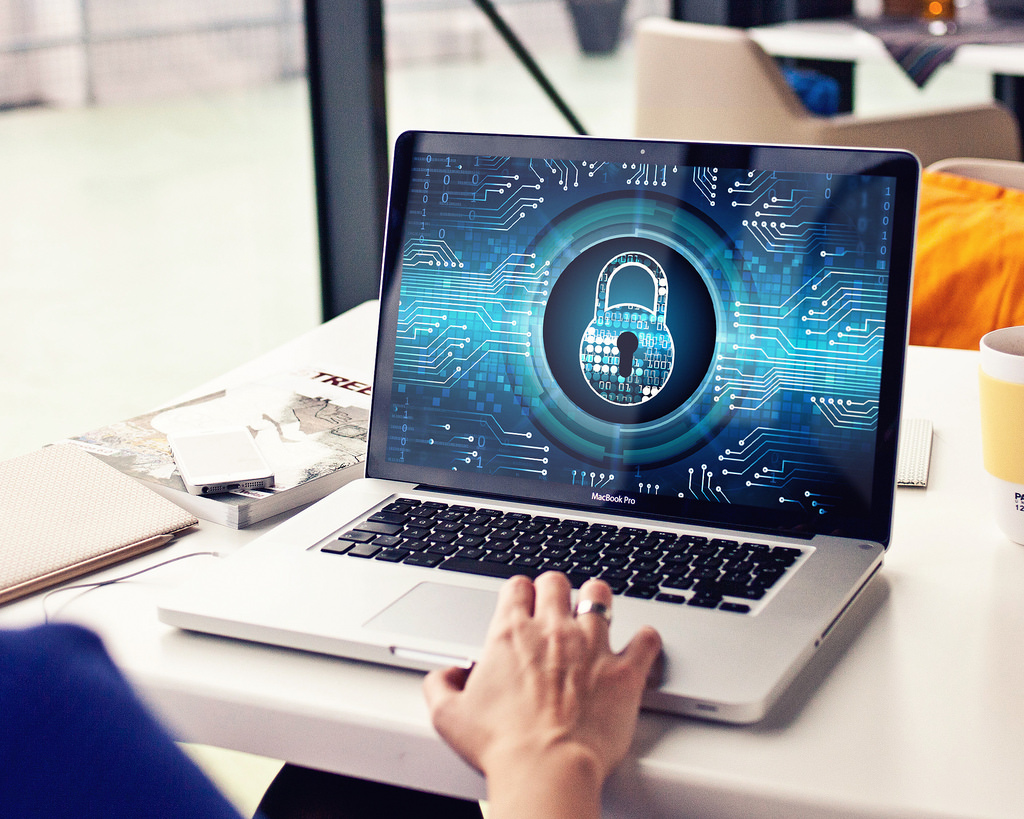Biometric technologies are revolutionizing how we interact with laptops, offering enhanced security and convenience. These advancements integrate cutting-edge sensors and algorithms into devices, making them smarter, safer, and more user-friendly.
1. What Are Biometric Advancements in Laptops?
Biometric technologies identify users based on unique biological traits such as fingerprints, facial features, or even voice. Common biometric systems in laptops include:
- Fingerprint Scanners: Embedded sensors for quick and secure logins.
- Facial Recognition: Advanced cameras use facial mapping for authentication.
- Iris Scanning: Eye-based identification for high-security needs.
- Behavioral Biometrics: Monitoring typing patterns or touch interactions to verify identity.
2. Popular Biometric Features in Modern Laptops
Leading laptop manufacturers are equipping devices with state-of-the-art biometric systems, such as:
- Windows Hello: Integrated facial recognition and fingerprint scanning for Windows devices.
- Apple Touch ID and Face ID: Seamlessly secure MacBooks and other Apple devices.
- Smart Keyboards: Fingerprint readers built directly into the keyboard.
These features not only enhance security but also simplify tasks like unlocking laptops, approving transactions, or accessing encrypted files.
3. Advantages of Biometric Technology in Laptops
- Improved Security: Unlike traditional passwords, biometrics are harder to replicate.
- Convenience: Quick logins and app access with a touch or glance.
- Personalization: Devices can recognize individual users and adjust settings accordingly.
- Reduced Password Fatigue: Eliminates the need to remember complex passwords.
4. Applications Beyond Security
Biometric advancements aren’t limited to authentication. They are also used for:
- Workplace Management: Assigning user roles and access levels based on identity.
- Parental Controls: Restricting children’s access to certain laptop features.
- Online Payments: Enhancing security for e-commerce transactions.
5. Challenges of Biometric Integration
Despite their potential, biometric technologies face challenges, such as:
- Privacy Concerns: Storing and managing sensitive biometric data securely.
- Cost: Adding advanced biometric systems increases production costs.
- Errors: False positives or negatives can affect reliability.
6. The Future of Biometric Technologies in Laptops
Emerging innovations are shaping the future of biometrics in laptops:
- Multi-Modal Biometrics: Combining two or more biometric methods for greater accuracy.
- AI-Enhanced Recognition: Using machine learning to improve the speed and precision of biometric scans.
- Wearable Integration: Devices that sync with wearable tech for continuous authentication.
Biometric advancements are paving the way for a secure and seamless digital experience. As technology evolves, these features will become indispensable in personal and professional laptops alike.
Explore more about laptop innovations at Psero.com!

